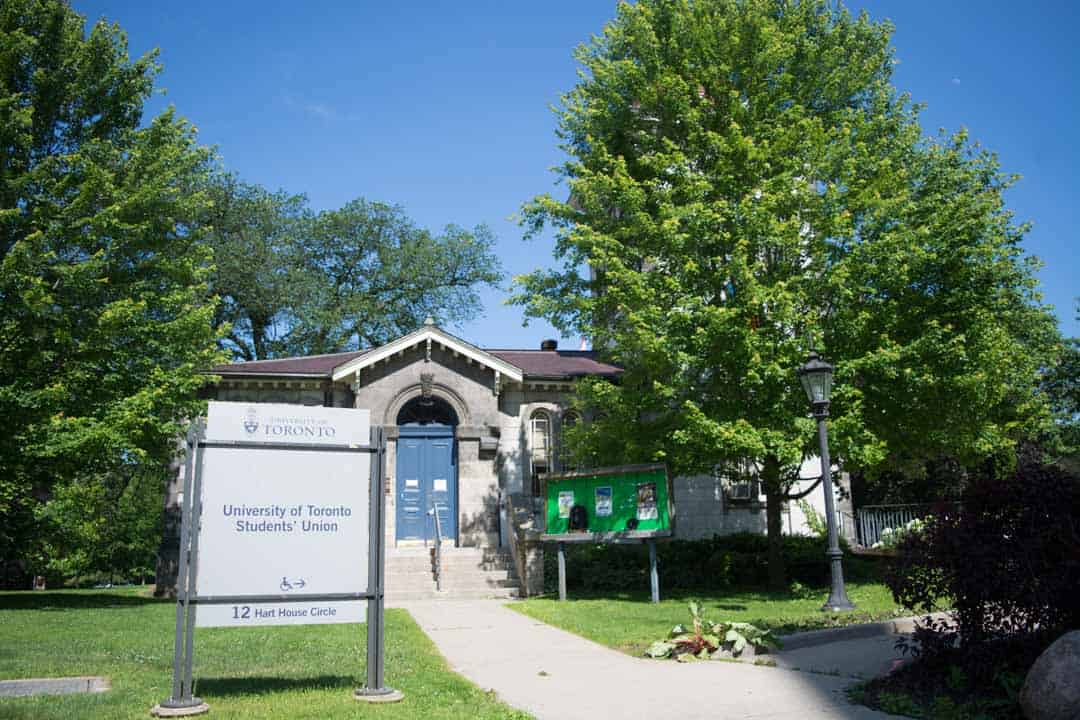In September 2015, the University of Toronto Students’ Union (UTSU) began a lawsuit against its former President Yolen Bollo-Kamara, former Vice-President, Internal and Services Cameron Wathey, and former Executive Director Sandra Hudson. Since then, the story has taken a number of twists and turns.
The Legal History
The original statement of claim provided by the UTSU alleges that Bollo-Kamara and Wathey had “breached their fiduciary duty” by authorizing 2,589.5 hours of overtime pay for Hudson, that the three had “conspired to commit civil fraud,” and that their actions “constituted civil fraud” as the authorization of Hudson’s overtime pay entitled her to $247,726.40 as part of her severance package, despite the fact that Hudson had never claimed any overtime hours in the time she worked there. The claim also asks for $200,000 from the defendants for “punitive damages.”
Hudson’s position as Executive Director of the UTSU was terminated in April 2015, around the time Bollo-Kamara and Wathey’s terms as UTSU executives were coming to a close. The statement of claim alleged that Hudson was unhappy with the newly-elected Executive Committee and that Bollo-Kamara and Wathey agreed to dismiss Hudson. Wathey ran for President with the Change U of T slate and was defeated by Brighter U of T.
Hudson’s statement of defence, filed in November 2015, states that she was “subject to inappropriate conduct and unwelcome comments from UTSU directors. Some of the comments were in relation to Hudson’s perceived sexual orientation, gender, and race.”
Hudson also alleged that members of Brighter UofT conspired “to treat Hudson harshly” in order to “humiliate her,” while planning to terminate her employment that upcoming September. These claims have been refuted by members of the UTSU, including former President Ben Coleman.
Bollo-Kamara and Wathey filed their notices to defend in October 2015, and the UTSU was notified in November 2015 that Hudson intended to counter-sue the union for $300,000 in damages.
Hudson claimed that she had frequently worked overtime hours without filing those overtime hours. Additionally, she stated that the new executive would create a hostile work environment for her, and that it had violated the non-disparagement and confidentiality clauses of the termination. The UTSU denied this claim.
The UTSU settled its claim out of court with Bollo-Kamara in January 2016 and later did the same with Wathey. Both individuals signed affidavits stating that Hudson told them she had received advice from the UTSU’s legal representation at the time, DLA Piper, regarding her termination agreement.
A joint statement by Bollo-Kamara and the UTSU said that Hudson was able to convince Bollo-Kamara to sign her overtime cheques as a result of their close relationship. In his affidavit, Wathey said he relied on his understanding that the termination agreement was approved by the UTSU’s legal counsel and Hudson’s legal counsel. Both affidavits stated that Bollo-Kamara and Wathey did not financially benefit from the agreement.
On January 3, 2017, the UTSU amended its statement of claim against Hudson, the only remaining defendant from the original civil suit. The amendment alleged that Hudson operated the e-mail account [email protected], by which she forwarded all e-mails from UTSU accounts like [email protected]. This meant that Hudson would have had access to confidential UTSU e-mails, which the amended statement describes as “a breach of her contract and the minutes of settlement she is seeking to uphold.”
The amended statement of claim also states that this information is sufficient to support Hudson’s termination “without contractual or statutory notice or severance payment,” meaning the UTSU would not have to pay the severance it allegedly owed Hudson.
The controversy
In October 2016, the U of T chapter of the Black Liberation Collective (BLC) staged a protest at the UTSU offices, claiming that Hudson is entitled to a severance payment and that the UTSU is racist for continuing the lawsuit. The BLC posted banners across the entrance to the UTSU building and entered the building to read a 3000-word statement outlining their claims that the UTSU is anti-Black.
The past few months have seen many UTSU board meetings disrupted by protests, with members of the BLC disrupting meetings in order to chant and share sentiments about Hudson.
A motion passed at the April 29, 2017 UTSU Board of Directors meeting that required the UTSU to seek a second legal opinion on their lawsuit. The motion stipulated that the second opinion must be sought from a lawyer who will “identify as Black, practice employment law, and have a background in equity work,” and that the BLC must be engaged in the selection process.
At the July 20, 2017 Board of Directors meeting, though, a motion to rescind the prior motion requiring the UTSU to seek a second legal opinion was proposed. This resulted in further protests from the BLC.
The UTSU and Hudson are heading to court on October 23 for a summary trial.


